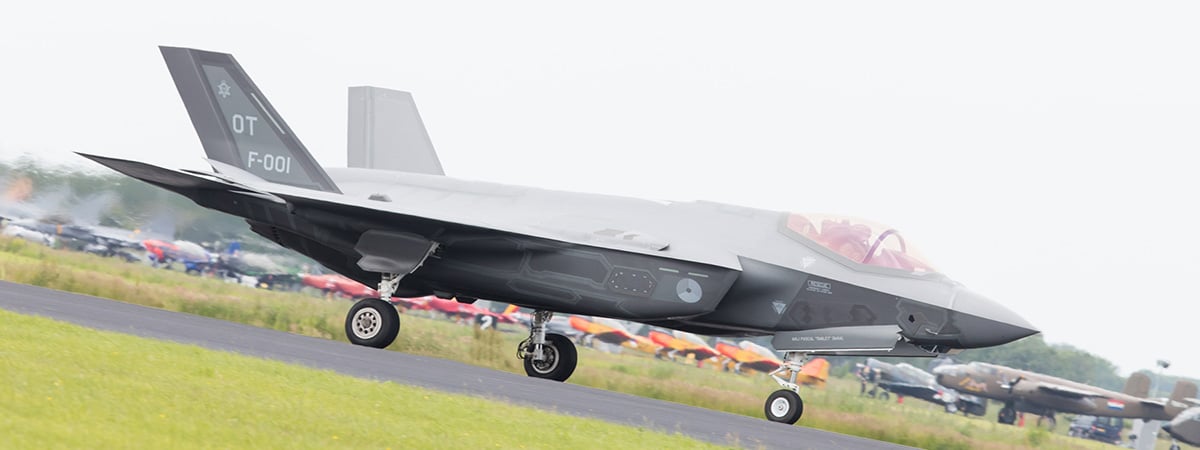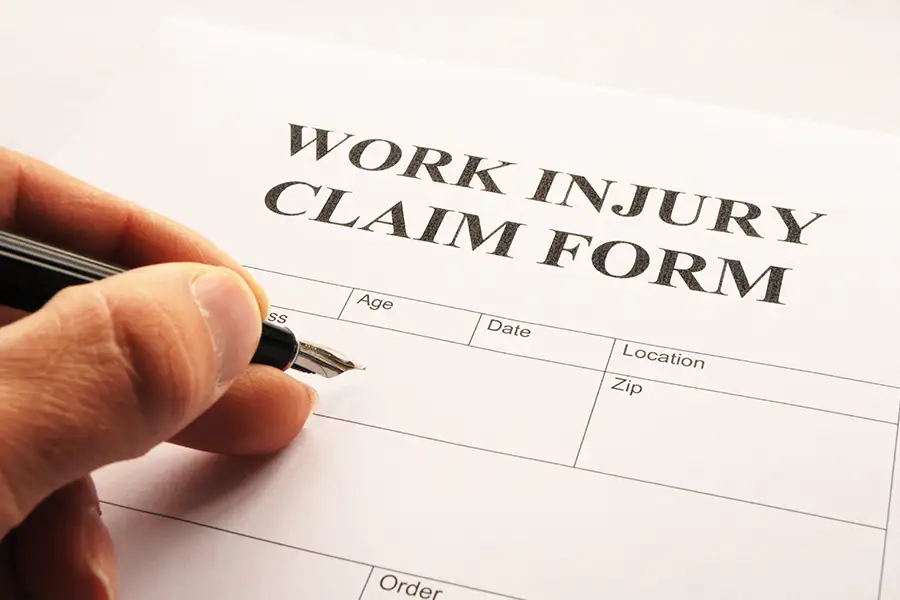
Colorado Workers’ Compensation for Lockheed Martin Employees
Steps to take after being injured while working at Lockheed Martin in Colorado
Aerospace and defense contractor Lockheed Martin established its first location in Denver, Colorado, back in 1956 at the behest of the United States Air Force. Since that time, Lockheed Martin has expanded its workforce and now has operations in both Denver and Littleton. In total, Lockheed Martin has more than 10,000 employees across the state.
While there are many benefits Lockheed Martin employees enjoy, they also face a variety of risks each day. The risks associated with working at Lockheed Martin may vary based on the job responsibilities of the individual worker.
Common injuries to Lockheed Martin employees and their causes
Possible injuries and their severity vary based on the type of employee at Lockheed Martin. Let’s take a look at some of the more common types of injuries and how they happen.
Toxic chemical exposure
Lockheed Martin has faced a number of workers’ compensation insurance claims from employees who were exposed to toxic substances in the workplace. Some employees are frequently exposed to toxic chemicals, substances and materials like asbestos, cadmium, chromium, perchloroethylene and trichloroethylene.
Prolonged exposure to these and many other substances has been linked to cancer, metal fume fever and other potentially serious health conditions.
Occupational illnesses and diseases
Information technology (IT) workers may face unique risks associated with their job responsibilities. They spend a significant amount of time repairing computers and working at computers.
Consequently, such employees are at risk of developing carpal tunnel syndrome and other repetitive stress injuries. These injuries can result in severe pain and may require surgical treatment.
Anyone who is responsible for moving heavy equipment as part of their job responsibilities may also be at risk for injury to their back, shoulders, knees and neck.
Manufacturing injuries
Employees who are involved in the manufacturing sector may be at risk for injury to various body parts as a result of working with heavy machines and equipment.
Additionally, these fast-paced environments increase the risk of workers experiencing a slip-and-fall accident, leading to injuries like broken bones and brain injuries.
Work-Related Injuries from Defective Tools & Equipment in Colorado
Learn about your right to compensation if you’re injured by faulty tools, poorly maintained machines, or other defective equipment at work.
What to do if you’re injured while working for Lockheed Martin
If a worker experiences an injury in their capacity working for Lockheed Martin or any other business in Colorado, it’s imperative that a report be filed as quickly as possible. Employees shouldn’t hesitate to let their supervisor know when they have been injured on the job.
Furthermore, it’s important to stop working right away, as continuing to work can actually cause an injury to worsen. After making a report to the supervisor, you should also file a workers’ compensation claim.
Colorado workers’ compensation rights and responsibilities for injured workers
Under the Colorado Division of Workers’ Compensation, most business operations in Colorado are required to carry workers’ compensation insurance coverage. When an employee is injured at work or suffers an illness that is caused by their duties, workers’ compensation can help cover a variety of expenses.
However, there are timelines that must be followed when filing a workers’ compensation claim in Colorado. For instance, employees only have 4 days to make a report of an occupational injury to their employers.
Once a report has been made, the employer has a 10-day timeline for reporting the injury to their workers’ compensation insurance provider. After that report has been filed, the insurance provider has 20 days in which to either approve or deny the claim.
Does Colorado Workers’ Compensation Cover All Injuries?
A variety of workers’ comp benefits are available to injured Colorado workers. The Babcock Law Firm examines which injuries are and aren’t covered.
Types of workers’ comp benefits
Injured Colorado workers may be entitled to a number of workers’ comp benefits after a work-related injury, depending on the nature and severity of their injuries.
Medical bills
An injury or occupational illness can result in the need for expensive medical treatment. There is no need for a worker to bear the burden of these costs alone. This is where workers’ compensation can help.
Workers’ compensation covers a range of medical expenses, including doctor visits, hospitalizations, surgeries, prescription medication, assistive devices, rehabilitative therapies, and more.
Lost wages
When an employee becomes ill or injured, it may take some time before they’re able to return to work full-time. If the employee has to take time off from work, workers’ compensation can help make up for a percentage of the employee’s missed wages.
Under Colorado workers’ compensation guidelines, employees can receive compensation for two-thirds of the average weekly wage they were earning prior to the incident/illness—up to a maximum amount that is updated regularly.
Ongoing care
In some cases, a worker may require multiple surgeries or long-term physical therapy in order to recover from a severe or catastrophic illness or injury. Workers’ compensation ensures that the employee doesn’t have to carry the cost of ongoing care on their own.
Disability benefits
Should an employee be left disabled following an occupational injury or illness, workers’ compensation will provide temporary disability benefits. These benefits are paid if the worker must miss more than 3 days of work due to an occupational incident. Benefits will begin on the 4th day of missed work and will be paid on a biweekly basis subsequently until the worker is able to return to work.
In the event the employee is able to return to work but must assume modified job duties as a result of the incident, they will be paid temporary partial disability benefits to make up a percentage of their lost wages. If an injured worker can never return to their job in the same capacity, they may be owed permanent disability benefits.
Funeral/burial expenses and dependent benefits
In the event an employee dies due to a fatal work-related accident or illness, workers’ compensation will pay for funeral and burial expenses, in addition to the deceased individual’s medical expenses.
There are also benefits available to a deceased worker’s surviving dependents, including their spouse and children under 18 years old.
When to consult with an experienced Colorado work injury attorney
It’s important to understand that Colorado is a no-fault state for workers’ compensation, which means that the employer can’t use the argument that the employee was partially or even fully at fault to avoid paying workers’ compensation benefits.
However, there are countless other ways employers and their insurance companies commonly seek to exploit legal loopholes to minimize payouts to injured workers and their families.
If you or a loved one have questions about your workers’ compensation rights or if your claim has been denied, consider consulting an experienced Colorado workers’ compensation lawyer to ensure you’re awarded fair compensation.



